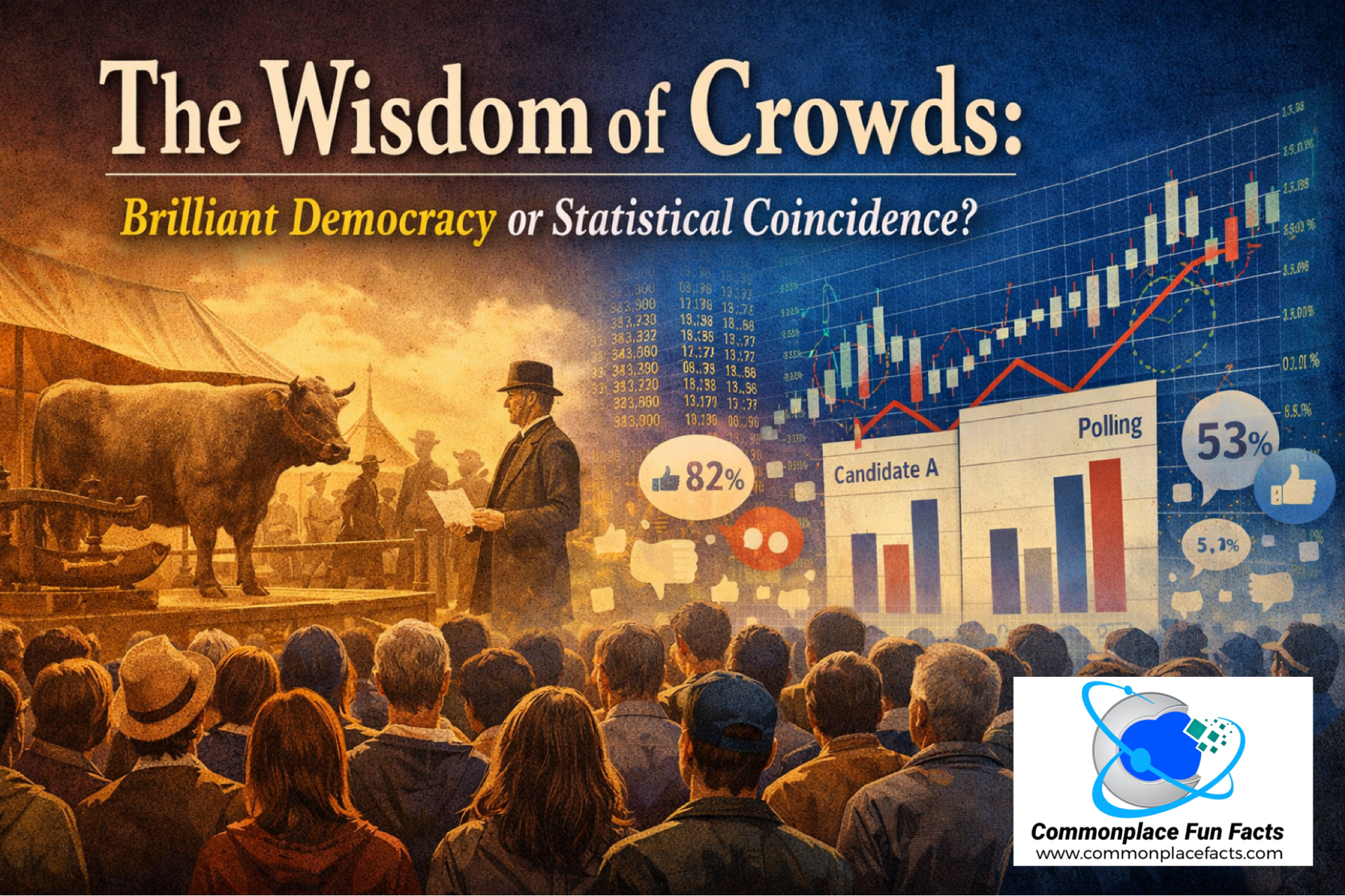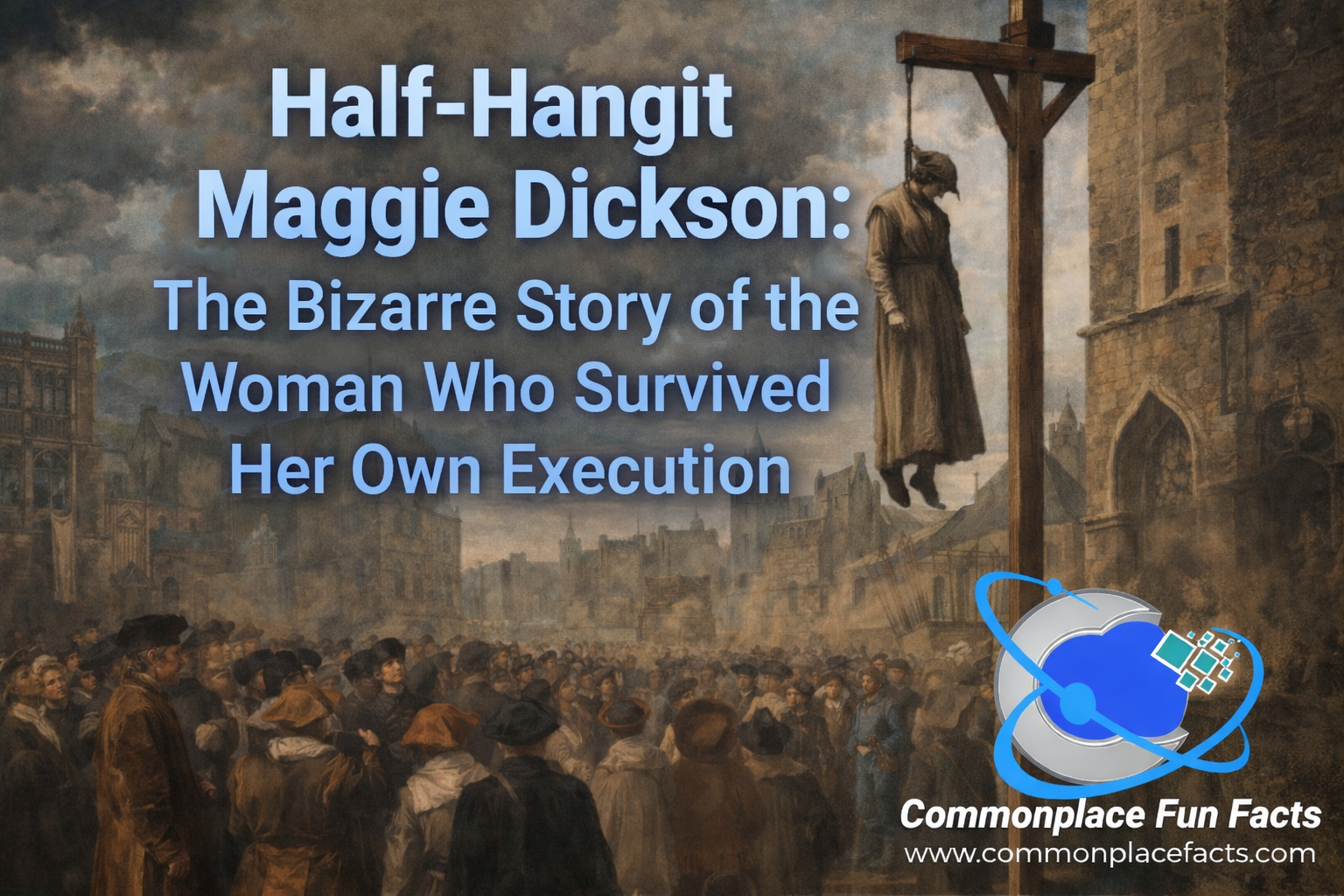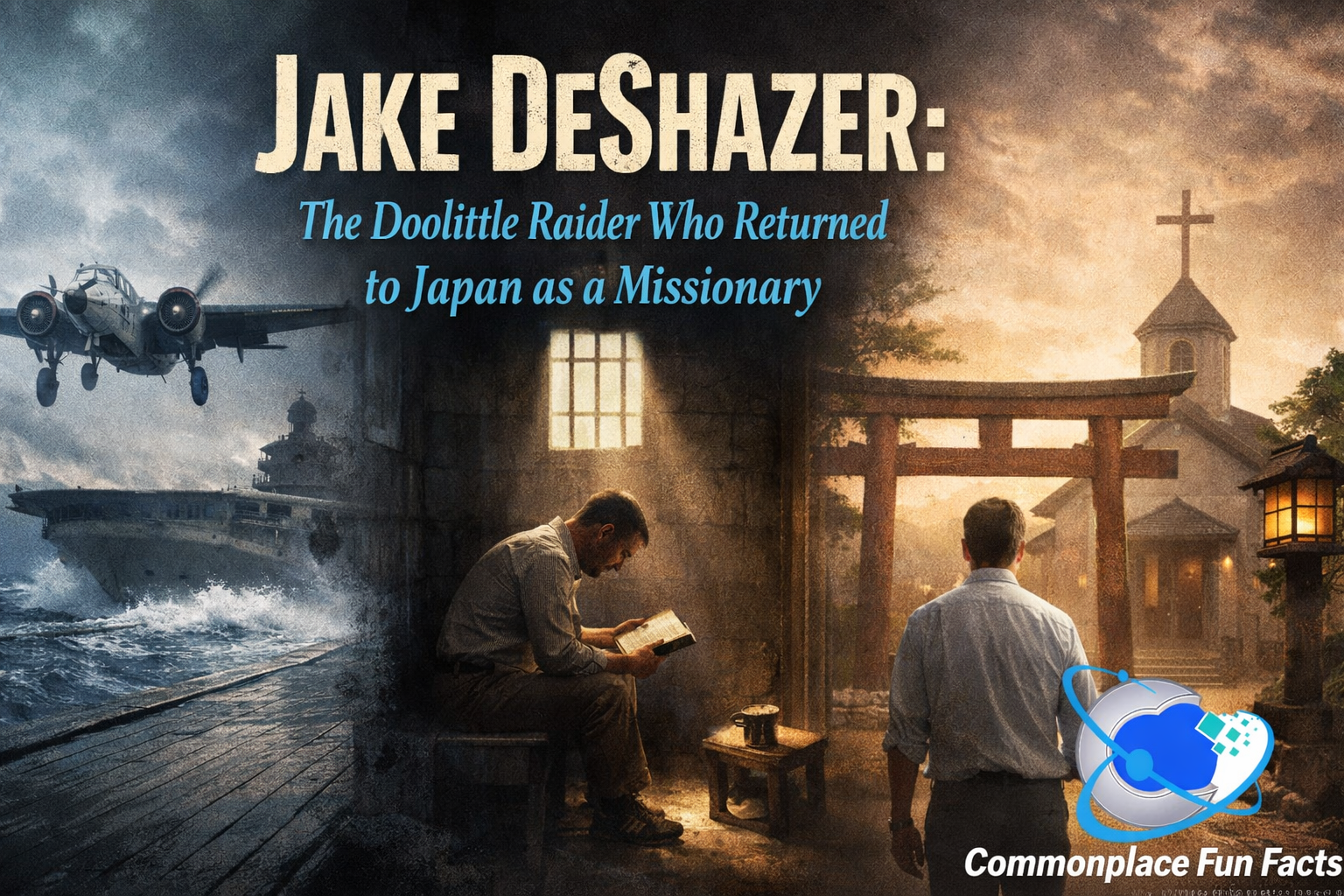
Who hasn’t sat through a class, wondering if you knew more about the subject than the person who is teaching? Have you ever received a grade that you absolutely knew was unfair? You aren’t alone. Two of the top authors of modern times faced the same problems.
Michael Crichton was a student at Harvard in the early 1960s. He was less than enamored with one of his professors, who seemed to grade him a bit unfairly. In his 2002 memoir, Travels, he recounts the experiment that proved his suspicions:
I had gone to college planning to become a writer, but early on a scientific tendency appeared. In the English department at Harvard, my writing style was severely criticized, and I was receiving grades of C or C+ on my papers. At eighteen, I was vain about my writing and felt it was Harvard, and not I, that was in error, so I decided to make an experiment. The next assignment was a paper on Gulliver’s Travels, and I remembered an essay by George Orwell that might fit. (“Politics vs. Literature: An Examination of Gulliver’s Travels.”) With some hesitation, I retyped Orwell’s essay and submitted it as my own. I hesitated because if I were caught for plagiarism I would be expelled; but I was pretty sure that my instructor was not only wrong about writing styles, but poorly read as well. In any case, George Orwell got a B- at Harvard, which convinced me that the English department was too difficult for me.
I decided to study anthropology instead. But I doubted my desire to continue as a graduate student in anthropology, so I began taking premed courses, just in case.
Fortunately, Crichton maintained his interest in writing, despite the judgment of his professors. He went on to write books that have sold over 200 million copies, including Jurassic Park, The Andromeda Strain, The Great Train Robbery, and Congo.
Ian McEwan was proclaimed in 2008 as being one of “The 50 greatest British writers since 1945.” The Daily Telegraph ranked him number 19 in its list of the “100 most powerful people in British culture.” His writings are required reading in many schools around the world. Even so, he has expressed reservations about his work being featured so prominently in education.
McEwan’s son was required to write an essay about his novel Enduring Love. “Compelled to read his dad’s book — imagine. Poor guy,” said McEwan.
The author gave his son a tutorial about the book and told him what he considered to be the most important elements of the novel. Thus equipped with no less of an authoritative source than the conclusions of the work’s author, the son wrote the essay and submitted it.
The teacher “disagreed fundamentally” with the conclusions of the essay and gave the boy a C+.
Read about the student who got a B- for designing USA’s flag.
Read about more comments by critics.







Leave a Reply to Jim BordenCancel reply